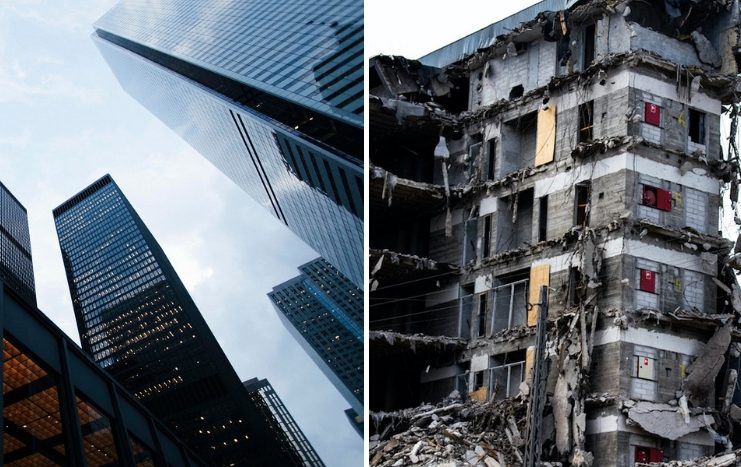What Happens to Your Condo After 50 Years? The Truth Revealed
Is it true that your condominium’s lifespan is set at 50 years? Learn the truth behind this statement to help you decide on whether or not to buy your own condo unit. By Mai Bantog
Planning to buy a condominium unit? Having some reservations at first is normal. But if one of the things bothering you is your condo’s lifespan, then you can breathe a sigh of relief now because your unit won’t be taken away from you after 50 years.
One of the most common myths surrounding buying condos is that every condominium in the Philippines only has a lifespan of 50 years. After that, the building will be demolished, putting your investment to waste.
But a close reading of the Republic Act 4726, also known as the Condominium Act of the Philippines, reveals that several factors dictate what the fate of your unit will be after 50 years.
Let’s end all speculations, once and for all. Here are three facts about a condominium’s lifespan derived from RA 4726:
Fact #1: When you buy a condominium unit, you become part of a corporation.
A condominium corporation owns the land where your condominium is built. As a unit homeowner, you can think of yourself as a shareholder of that corporation. It’s the same as having a homeowners association in landed housing developments.
Shareholders possess the same right and voting power as other unit owners or shareholders. You can vote on issues like repainting common areas, changing the swimming pool tiles, or upgrading the facilities in the in-house gym.
Similarly, you can also vote on issues surrounding the fate of your condominium after 50 years. Remember that it’s a collective decision of more than 50% of homeowners at the very least, not just one individual deciding on everything.
READ: How to Earn Back Your Investment on a House and Lot
Fact #2: A corporation’s lifespan is 50 years, but it can be renewed.
Your condominium doesn’t have a lifespan, but the corporation managing it has one. In the Philippines, 50 years is the lifespan of all companies and corporations, big or small.
However, the corporation can still be renewed for another 50 years, so your condominium ownership does not necessarily end at that point.
Fact #3: Three factors need to be fulfilled to declare a condominium uninhabitable.
Here’s what the law says exactly about your condominium’s future after 50 years:
“That project has been in existence in excess of 50 years; that it is obsolete and uneconomic, and that condominium owners holding in aggregate more than fifty percent interest in the common areas are opposed to repair or restoration or remodeling or modernizing of the project.”
Many people believe that this clause already implies that a condominium has a set lifespan of 50 years, but carefully reading it shows that the condominium should fulfill three requirements to be declared uninhabitable.
First, it should exist for at least 50 years. Second, it should already be obsolete and uneconomical. Third, the owners should be opposed to any repair or restoration that can be done in the condominium.
It means that even if the condominium is already 50 years old, it doesn’t necessarily have to be obsolete and uneconomical. It’s on a case-by-case basis. A majority of today’s condominium developers construct condos using high quality and durable materials so that they won’t give in to ordinary wear and tear. Advanced technologies are increasingly put to use, so modern condos will likely still be in good shape even after 50 years.
And as previously mentioned, you’re a shareholder of your condominium corporation. Your vote—and other shareholders’ votes as well—matter. If only less than 50% of homeowners vote to demolish the building, then demolition won’t push through.
And even if your condo corporation decides to push through with the demolition, this usually means that the property will be sold first to another land developer. As a condo owner, you’re entitled to get a share of the sale.
So, if this 50-year fallacy is the only thing that’s holding you back from investing in a condominium unit, then reading this should ease your fears and apprehensions. Invest in your dream condo in the Philippines today and take advantage of the potential returns coming your way.

